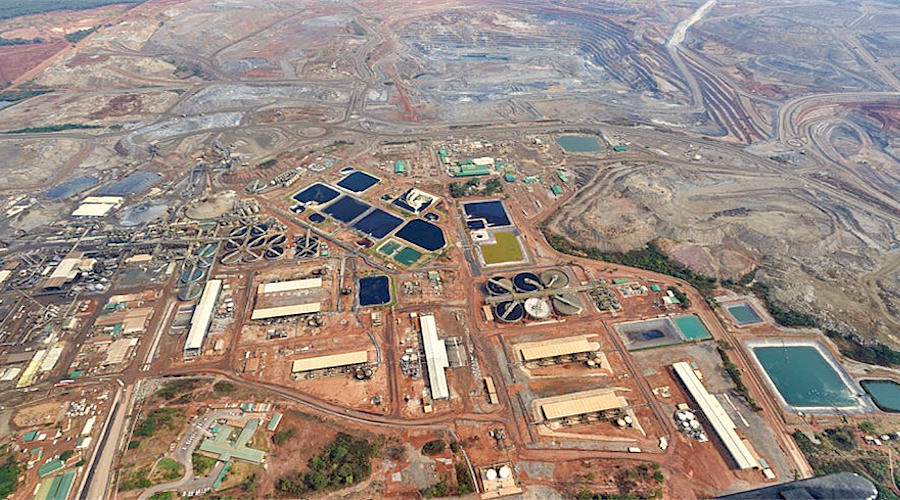First Quantum exercises option over two licences as it looks to expand in Zambia

Canadian miner First Quantum Minerals (TSX: FM), which is reeling from the forced closure of its flagship copper mine in Panama, has exercised its option over two licences in the Central Africa Copperbelt, in a deal with African Pioneer (LON: AFP).
The move is part of an addendum to an October 2023 agreement granting First Quantum a two-year earn in period over two of four licences held by African Pioneer’s Zambian subsidiary in the Copperbelt. The area is a copper-rich region extending between northern Zambia and the southern Democratic Republic of Congo.
First Quantum now has to prepare a technical report before the end of February demonstrating an indicated mineral resource of at least 300,000 tonnes of contained copper to be able to earn a 51% shareholding in African Pioneer Zambia.
Shares in African Pioneer jumped on the news and were trading 16% higher at 2.32 pence each midday on Friday. The explorer and developer focused on Sub-Saharan Africa has a market capitalization of £5.29 million ($6.65m).
Work completed by FQM during the initial period of the option agreement includes mapping, soil sampling, ground geophysics, air core and diamond drilling in excess of the minimum qualifying expenditure of $500,000 on each of the four exercised licences.
The Vancouver-based miner already has two copper operations in Zambia — Sentinel and Kansanshi — as well as the Fishtie copper project, near the border with the DRC.
Market rumours earlier this year indicated that First Quantum was planning to sell a stake in its Zambian mines to Chinese state-owned Jiangxi Copper, the company’s top shareholder.
The report followed an announcement by the companies in December in which they committed to speed up the development of their jointly held Fishtie copper project, with the goal of beginning production in 2026.
Zambia, Africa’s second-largest copper producer, plans to triple its copper output by the end of the decade. It has made some progress to achieve this goal, mostly in the form of reviewing its tax policy to increase investment in the sector.
The nation would need to solve a key infrastructure challenge — the stabilization of the national power grid. A report this week showed every power outage results in an average of 35 tonnes of lost copper production.This means that the country could lose up to $33.3 million per year in export earnings and tax income.
First Quantum is scheduled to release fourth quarter and year-end 2023 financial and operating results next week.
{{ commodity.name }}
{{ post.title }}
{{ post.date }}




2 Comments
baxter s sinkala
Very informative info
Kimbala Fredrick
Excellent